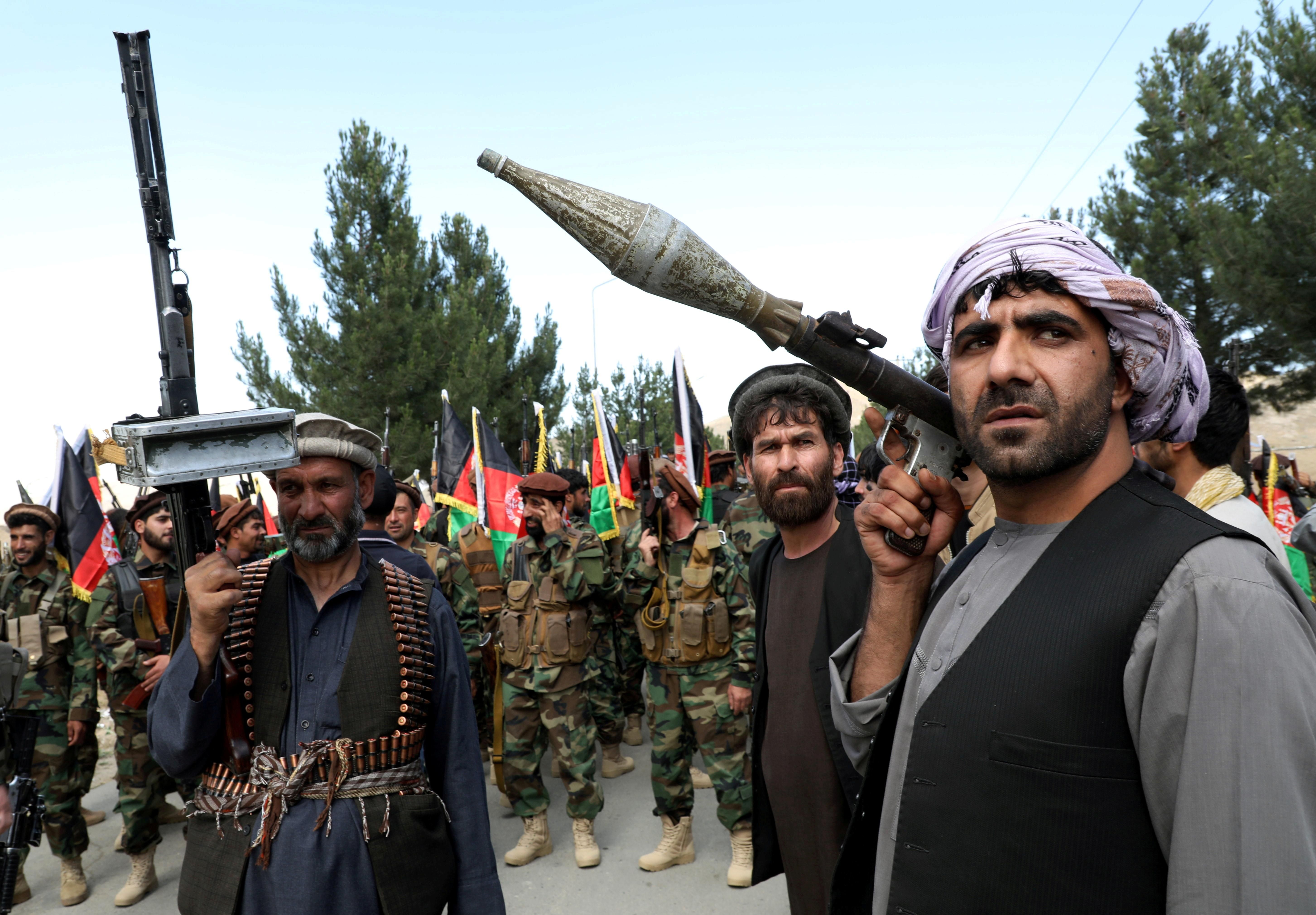News
June 24, 2021
6: The Afghan government could fall within six months of the US withdrawal, set to be completed by September 11, according to a groundbreaking new US intelligence report. This is a revision of earlier estimates in the wake of massive territorial gains made by the Taliban in recent weeks.
3 million: The United States will send Brazil 3 million doses of the one-shot Johnson & Johnson COVID vaccine. The shipment comes as Brazil's COVID death toll surpassed 500,000 this week, with less than a third of the country's population having received one shot.
25: Nizar Banat, a prominent anti-corruption activist and critic of the Palestinian Authority — which governs in the West Bank under President Mahmoud Abbas — was killed hours after 25 PA security forces stormed his home and arrested him. Hundreds of Palestinians protested outside the compound of the deeply unpopular Abbas on Thursday, demanding the release of another activist who was questioned after criticizing the PA on Facebook.
411,000: Federal unemployment claims in the US trickled down to 411,000 this week, a drop of 7,000 from the previous week. It's a sign, economists say, that the economy is healing, given that over 900,000 weekly claims were still being filed in January.More For You
- YouTube
How is the US is reshaping global power dynamics, using tariffs and unilateral action to challenge the international order it once led? Michael Froman joins Ian Bremmer on GZERO World to discuss.
Most Popular
- YouTube
In this Quick Take from Munich, Ian Bremmer examines the state of the transatlantic alliance as the 62nd Munich Security Conference concludes.
- YouTube
At the 2026 Munich Security Conference, Brad Smith announces the launch of the Trusted Tech Alliance, a coalition of global technology leaders, including Microsoft, committing to secure cross-border tech flows, ethical governance, and stronger data protections.
When the US shift from defending the postwar rules-based order to challenging it, what kind of global system emerges? CFR President Michael Froman joins Ian Bremmer on the GZERO World Podcast to discuss the global order under Trump's second term.
© 2025 GZERO Media. All Rights Reserved | A Eurasia Group media company.
